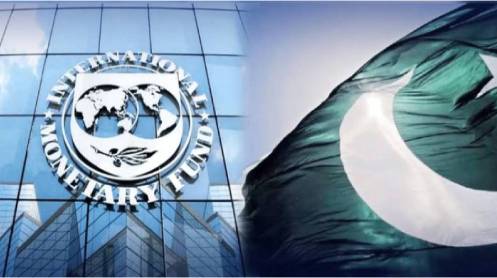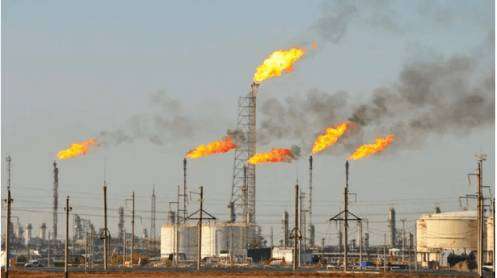ISLAMABAD: The Special Investment Facilitation Council (SIFC) has directed the Ministry of Finance to urgently obtain approval from the International Monetary Fund (IMF) for the imposition of General Sales Tax (GST) on petroleum products — a key measure tied to unlocking \$6 billion in refinery upgrade investments.
Despite earlier commitments, the proposed 5% GST on petroleum was not included in the Finance Bill 2025, raising alarms in the oil industry and stalling long-term planning under the Pakistan Oil Refining Policy for Upgradation of Existing Refineries (2023).
Industry stakeholders, particularly the Oil Companies Advisory Council (OCAC), have criticized the government for maintaining tax exemptions and failing to implement the agreed GST removal, even as the sector reports losses exceeding Rs34 billion in FY2024-25. Though the government allowed partial cost recovery through the Inland Freight Equalisation Margin, the core tax issue remains unresolved.
Sources reveal that the SIFC, in a recent meeting, voiced concern over the delay. The Ministry of Finance responded that the GST proposal had been presented to the IMF and that approval is expected before the parliamentary passage of the budget.
In parallel, concerns are mounting over additional levies on high sulphur fuel oil (HSFO), including a proposed petroleum levy of Rs82,077 per metric ton and a carbon levy of Rs2,665/MT, which could hike end-user HSFO prices by 80%. This sharp increase may depress industrial demand, force exports at a loss, and reduce tax revenues.
Industry officials warn that without swift resolution, Pakistan risks derailing critical refinery upgrades, deepening financial stress on regulated refineries, and undermining investor confidence in the country’s energy sector reforms.
Story by Zafar Bhutta







